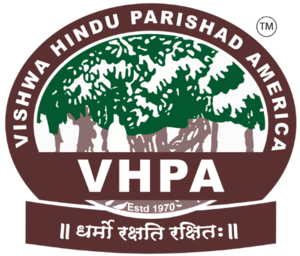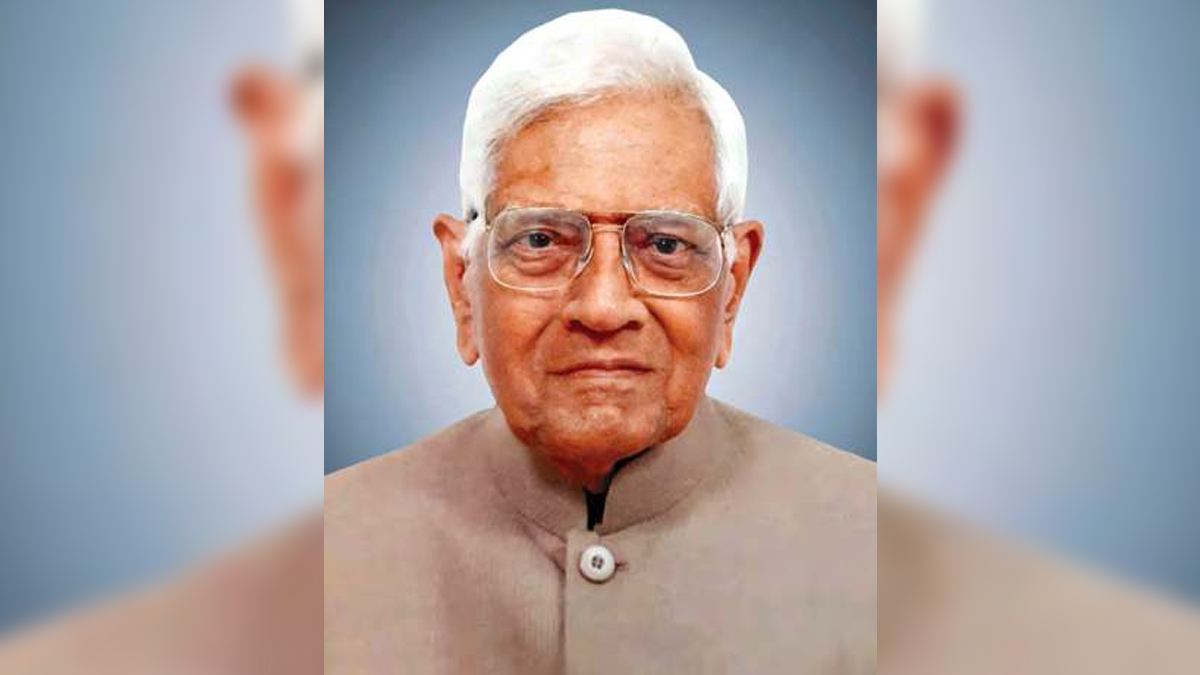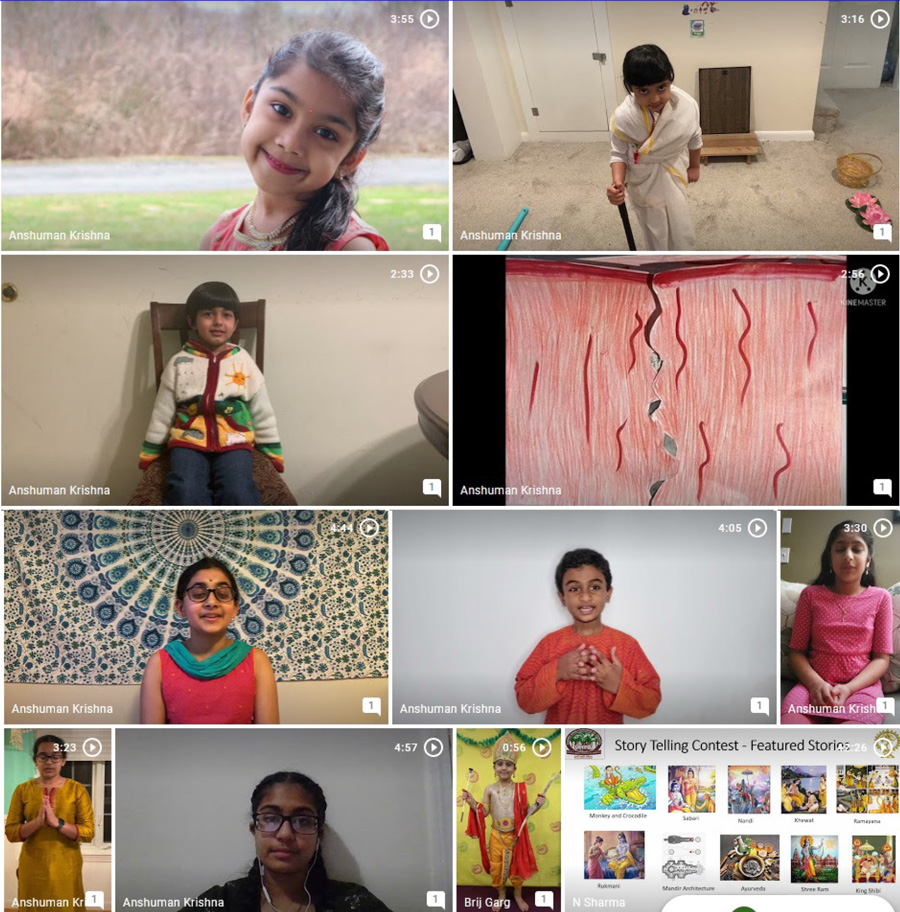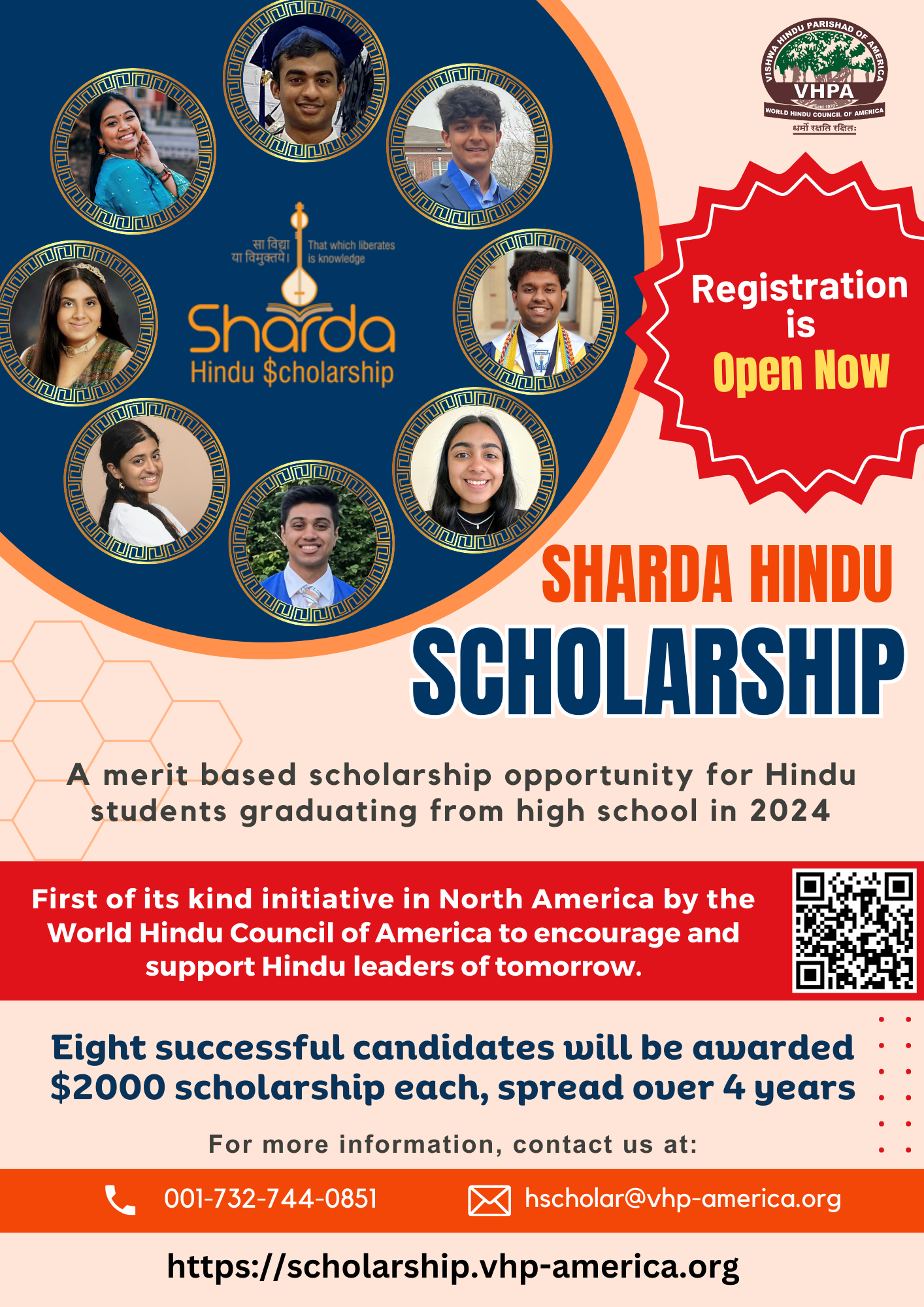I first met Dr. Mahesh Mehta in late 1969/early 1970 in New York thanks to my friend Shri Brij Bhushan Garg who introduced me to him and a few other people. This was a few months after I had finished my Ph.D. work at Cornell University and had joined AT&T Bell Laboratories in North Andover, Massachusetts. Shri Garg had also started his job at the same location shortly after me. At that time, I had no clear ideas about my life goals and direction. Shri Garg and I had gone to New York city to participate in a 2-day meeting with the people who had been planning to start an organization oriented towards welfare and progress of Hindus already settled in North America or expected to come to U.S. or Canada as students or professionals in the future. The meeting was chaired by Maheshbhai.
I was so impressed with Maheshbhai’s vision, his knowledge of Hindu Dharma, his clarity of thoughts and expression and his well-thought-out plans that I instantly decided to be aligned with the upcoming organization which was to be named Vishwa Hindu Parishad of America (VHPA). I also found that almost all of the participants in the event appeared to be highly dedicated to this cause. After this event, my interactions with Maheshbhai and other members of the group continued to increase. I started participating in different programs that were conceived and initiated by Maheshbhai in consultations with other members.
Since U.S. immigration laws were relaxed in mid-sixties, this was the time when students (mostly, for graduate studies) and professionals from India started to come to U.S. in large numbers. As the needs of the Hindu population continued to change with passing years, new programs were added by VHPA to satisfy these needs. Programs such as regional and international Hindu conferences, Hindu Vishwa magazine and newsletters (for promoting awareness of Hindu issues), youth programs such as Bal Vihars, annual youth camps and youth conferences were started. To cater to the needs of the growing Hindu students in U.S. colleges and universities, Hindu Students Council (HSC) was added. Many other programs such as Hindu American Women’s Network, Hindu American Vanprasthi Network, American Hindus Against Defamation (AHAD), Hindu Mandir Executives’ Conference and others were conceived and started as the U.S. Hindu population continue to age. The credit for most of them belongs to Maheshbhai’s continued vision and tireless efforts over more than five decades.
There were many other qualities that endeared him to thousands of people. His creativity, his simplicity, his unique ability to effectively interact with people at all levels, his lack of ego or desire for personal benefits, always striving for best results for Hindu society are among them. His interactions and behavior with his coworkers were guided by the Hindu principle of “Atmavat Sarva Bhuteshu.” He often sought feedback on his written ideas about new programs and action plans from his team members and other relevant people. His own original ideas were often the best and yet he would modify them appropriately, if necessary to get better results. If suggestions were not proper, he would take pains to explain the reasons to the suggester so that the latter would not feel hurt or disregarded. A personal example of this behavior was my suggestion to him in mid-eighties to form a smaller group of 8-10 key coordinators of different programs/activities to make decisions on routine and less important, short-term issues and discuss only the most important issues with long-term implications during the annual Governing Council meeting that involved about fifty members. This would reduce the unnecessary and unfruitful discussions and improve our work efficiency. After some thought he agreed and implemented it. This small group was named “Executive Board” and it has continued since then.
After the Global Hindu Conference in New York in late 1984, Maheshbhai asked me to undertake the responsibilities of the VHPA National President. I expressed my hesitation in accepting such a big role among people who knew more and had more experience than me. However, he convinced me that I would learn the role quickly and he would help me in the process. Indeed, I learned a lot from him on how to conduct myself, what, when and how to handle issues and what not to do. He also allowed me to be myself while providing proper guidance. I served in that role for the next four years but all the credit for VHPA achievements during that period also belongs to Maheshbhai. He was my Guru (the one who shows how to remove darkness and propels you towards light). He was also a sincere and caring friend to me. I feel truly blessed that he was a significant part of my life. Such people come to the world only once in a great while.
Like many of my VHPA colleagues, I am truly grieved by Maheshbhai’s passing away. He leaves a void that is nearly impossible to fill. May God grant him peace and sadgati and give Raginiben and other family members strength and courage to bear his loss. Om Shanti, Shanti, Shantih!!!
Dr. Nand Kishore Sharma has been with VHPA since its inception. He has served as the President of VHPA.



![[ India Today ] Ohio senator JD Vance thanks wife, a Hindu, for helping him find Christian faith](https://hinduvishwa.org/wp-content/uploads/2024/06/us-senator-jd-vance-reveals-how-his-hindu-wife-usha-helped-him-find-his-christian-faith-image-re-272530504-16x9_0-120x86.webp)










